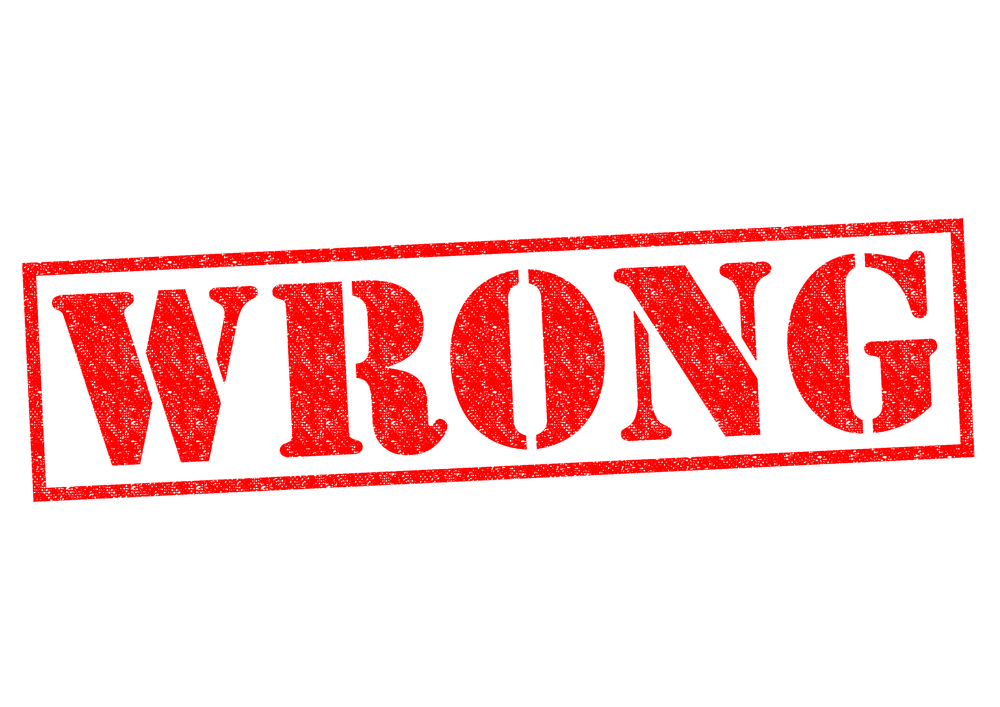Rodale’s Journalistic Failures Front and Center
November 20, 2013
Phat Chiem
Deputy Editor
Yahoo! News
Dear Mr. Chiem,
Thank you for your commitment to accuracy and balance in removing the article titled 5 Reasons To Never Eat Shrimp Again. As I mentioned in my initial outreach authors Leah Zerbe and Emily Main from Rodale have a long history of skewed reporting when it comes to seafood. In addition to their current shrimp reporting here’s a snap shot of some of their other recent work: Here are 12 Fish You Should Never, Ever Eat, 4 dirty secrets of the seafood industry, 3 Surprisingly Unhealthy Seafood Picks and The Biggest Problem with U.S. Fish. Notice a pattern?
Their latest article is a quintessential example of a failure to abide by the Society of Professional Journalists code of ethics which insists reporters make certain that [stories] do not misrepresent and test the accuracy of information from all sources and distinguish between advocacy and news reporting. They wrote an entire article based on one source and failed, either out of ignorance or agenda, to challenge, further research or contextualize any of his claims.
They begin by reporting that, shrimp is one of the most — if not the most — damaging fisheries around. This hyperbole is beyond a generalization. It’s an absurdity that is akin to a Yahoo! automotive writer beginning a report by saying all midsized cars are bad.
The report then launches a distorted attack on the Food and Drug Administrations (FDA) food safety system by, as I mentioned, distorting the explanation of how seafood is regulated.
To report that only 2% of all imported seafood is tested by the Food and Drug Administration without explaining FDA’s internationally recognized Hazard Analysis and Critical Control Point (HACCP) system is a clear misrepresentation. The risk-based system addresses challenges all along the supply chain at multiple control points before they become a problem at the dock where the reporters suggest the product should be tested. Failing to explain to readers that the HACCP model refers to the prevention of hazards during production rather than simply inspecting for them in the finished product is clear distortion.
Their insistence that shrimp farms are breeding grounds for bacteria and viruses is challenged but unreported by the fact that imported seafood makes up only 0.12% of reported illnesses from food according to the Center for Disease Control (CDC). The CDC found of the more than 120,000 food borne illnesses reported from 2005-2010, less than 2% are attributable to imported food. And of that number, just 0.12% of the reported illnesses from food were attributable to seafood.
More deception by omission comes as the report notes that over the past 50 years, anywhere from 5 to 80% of the mangrove forests in Thailand, Ecuador, Indonesia, China, Mexico, and Vietnam have been destroyed to make room for more coastal shrimp farms. This narrative totally distorts the current state of affairs with regard to mangroves and shrimp farming. The UN’s Food and Agriculture Organization reports current mangrove loss is minimal and between 1990 and 2000 was down around 1%. Meanwhile, the Best Aquaculture Practices (BAP) certification program includes standards that expressly forbid pond construction on mangroves. Instead of reporting these facts, they report, shrimp farming contributes to global warming. It makes me wonder if Rodale’s most up to date reporting on global affairs might indicate that the U.S. is still at war with Vietnam?
Reporting on by catch the article notes that, nets routinely pull up 9,000 endangered or threatened sea turtles annually. Assuming their readers will not research this part of the storyline they omit the fact that it is illegal to import wild caught shrimp harvested without the use of a turtle excluder device. The U.S. and American consumers are at the forefront of efforts to protect turtles not harm them.
We ask that you reconsider Rodale News as a content provider for your site. Its reporting not only reflects badly on Yahoo! but does a disservice to your readers.
Please let me know how you plan to address these editorial issues.
Gavin Gibbons
National Fisheries Institute



